践行平等理念:特殊群体权益的守护与提升
zhou(作) 基本原则践行平等理念:特殊群体权益的守护与提升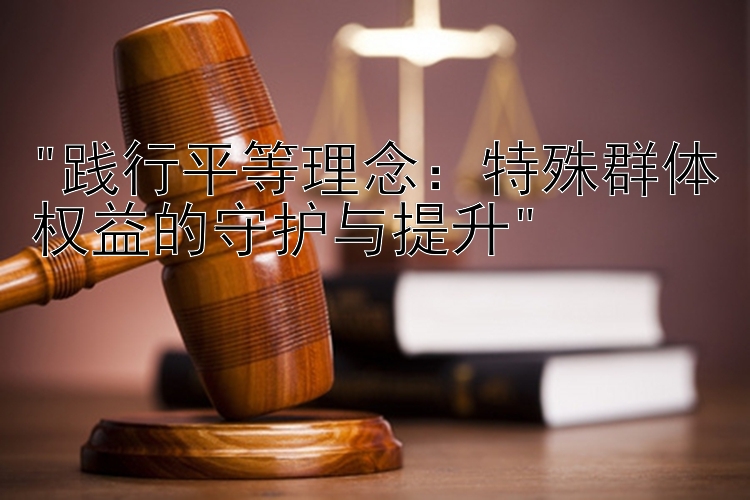
引言: 在现代社会,平等理念被广泛接纳和倡导。然而, certain groups within society, such as individuals with disabilities, the elderly, and minority groups, may face unique challenges that hinder their full participation in social, economic, and political life. Protecting and promoting the rights of these special groups is not only a moral imperative but also a legal obligation in many jurisdictions. This article explores the legal frameworks that safeguard the rights of special groups, the challenges they face, and the strategies for enhancing their rights and opportunities for equality.
- Legal Framework for Protecting Special Group Rights
The international legal framework for protecting the rights of special groups is primarily anchored in the United Nations Convention on the Rights of Persons with Disabilities (UNCRPD) and the International Covenant on Civil and Political Rights (ICCPR). These instruments emphasize the importance of non-discrimination, equality before the law, and the right to access justice. Domestically, countries have enacted laws and policies that align with these international commitments. For example, in the United States, the Americans with Disabilities Act (ADA) prohibits discrimination based on disability in various settings, including employment, housing, education, and public services.
- Challenges Faced by Special Groups
Despite legal protections, special groups often encounter barriers to their full participation in society. These barriers can be physical, such as inaccessible buildings and transportation, or attitudinal, including stereotypes and prejudices. Economic factors also play a role, as special groups may have limited access to employment opportunities and education. Furthermore, legal and procedural barriers can impede their ability to access justice, such as complex legal language and the costs associated with litigation.
- Strategies for Enhancing the Rights of Special Groups
To effectively protect and promote the rights of special groups, a multi-faceted approach is necessary. This includes:
- Legislation and Policy Reform: Updating laws and policies to reflect the evolving needs of special groups and ensuring their compliance with international standards.
- Accessibility Improvements: Implementing universal design principles to make physical environments, information, and communication technologies more accessible.
- Education and Awareness: Conducting public education campaigns to raise awareness about the rights of special groups and to combat stereotypes and prejudices.
- Economic Empowerment: Providing special groups with opportunities for education and employment, as well as access to financial services and resources.
-
Access to Justice: Ensuring that special groups have the necessary support to navigate the legal system, including legal aid, interpreters, and accessible court facilities.
-
Case Studies
The legal frameworks and strategies outlined above can be illustrated through specific case studies. For instance, the case of Olmstead v. L.C. (1999) in the United States highlighted the right of individuals with disabilities to receive care in the most integrated setting appropriate to their needs. This decision underscored the importance of community integration and challenged the institutionalization of individuals with disabilities.
In the European context, the case of Julia Szymanska v. Poland (2014) before the European Court of Human Rights addressed the discrimination faced by a blind student in accessing higher education. The court ruled in favor of Szymanska, emphasizing the state's obligation to ensure effective access to education for individuals with disabilities.
Conclusion:
The protection and promotion of the rights of special groups are essential components of a just and equitable society. By adhering to the principles of equality and non-discrimination, legal frameworks can play a pivotal role in safeguarding the rights of these groups. However, the effectiveness of these frameworks depends on their implementation, including the removal of physical, attitudinal, and economic barriers. Through concerted efforts and a commitment to the principles of equality and justice, it is possible to enhance the rights and opportunities of special groups, thereby fostering a more inclusive and equitable society for all.


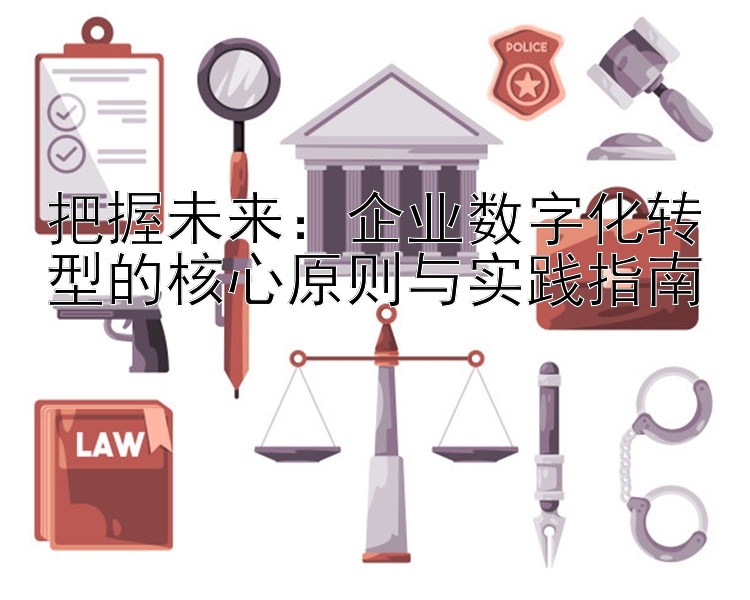
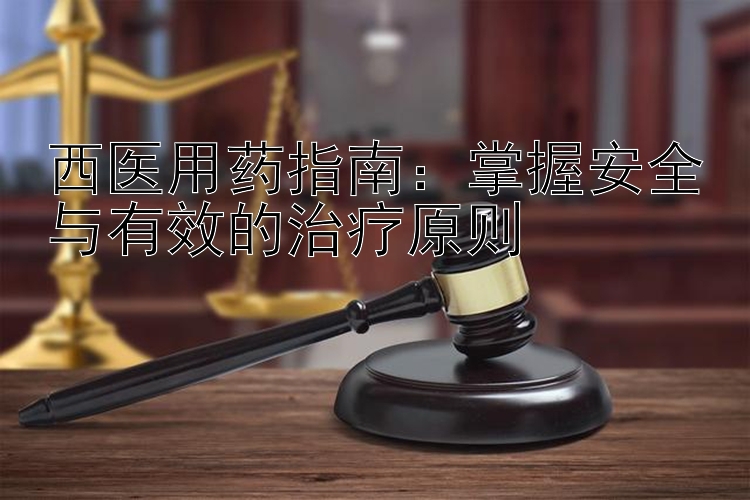
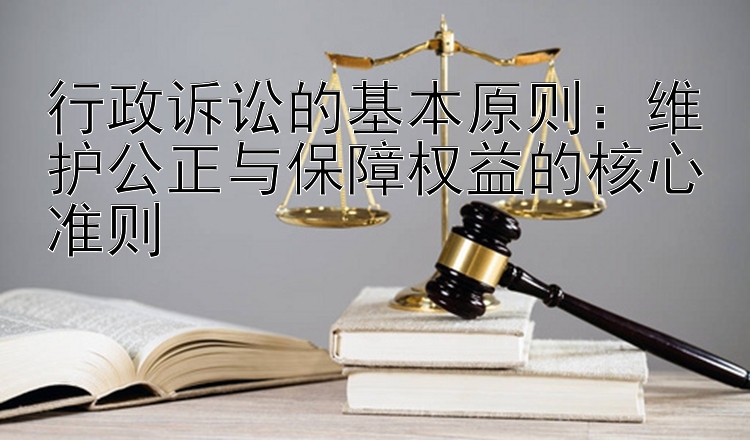
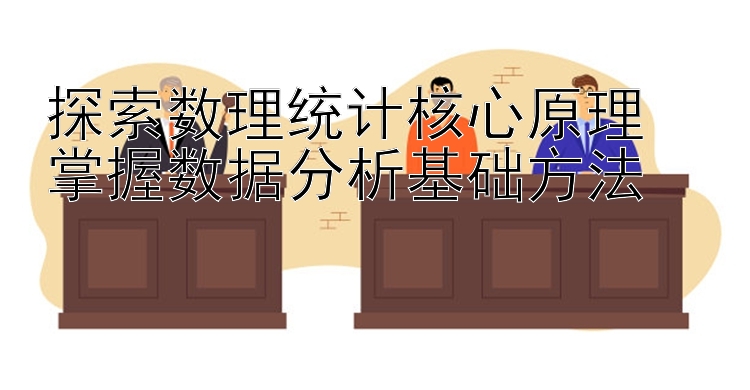
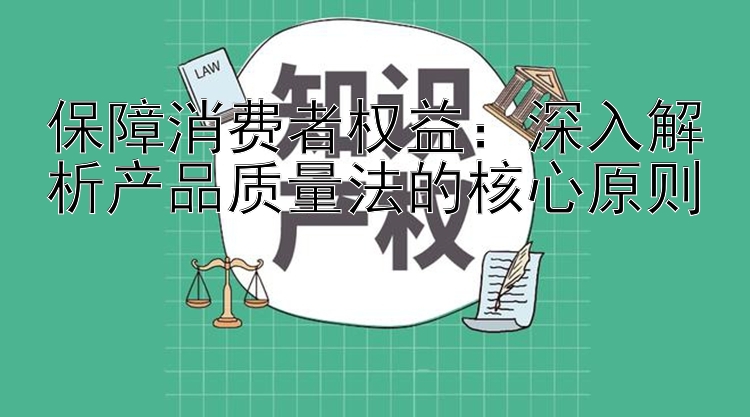
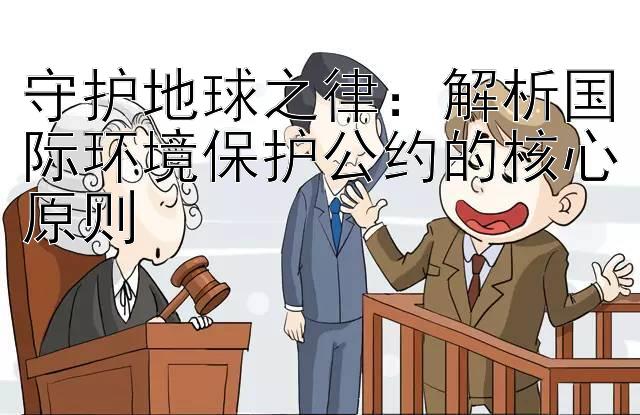
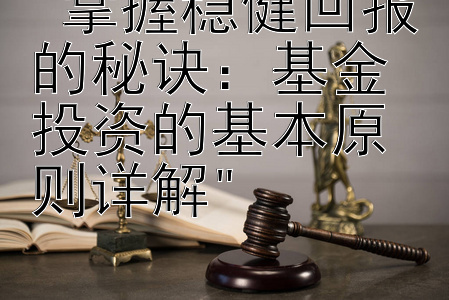 掌握稳健回报的秘诀:基金投资的基本原则详解
掌握稳健回报的秘诀:基金投资的基本原则详解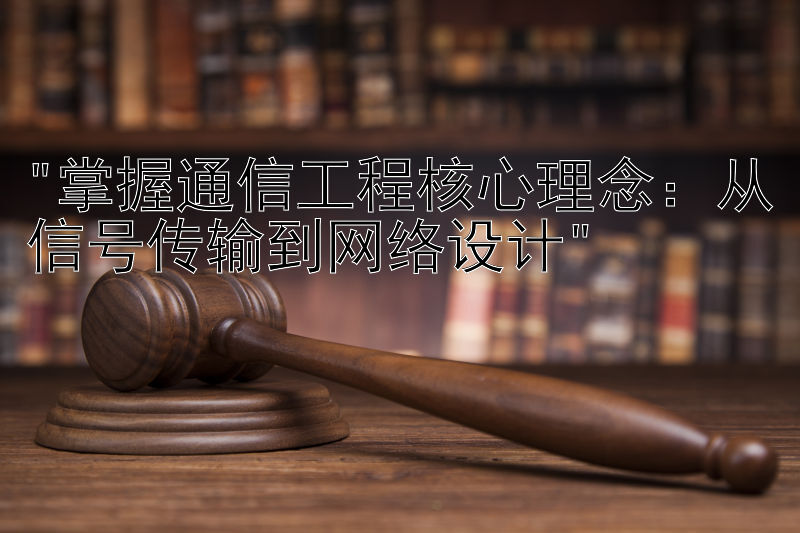 掌握通信工程核心理念:从信号传输到网络设计
掌握通信工程核心理念:从信号传输到网络设计 塑造经典:文学作品人物刻画的核心法则
塑造经典:文学作品人物刻画的核心法则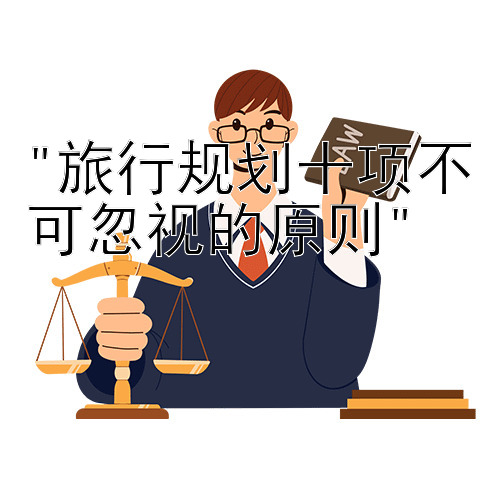 旅行规划十项不可忽视的原则
旅行规划十项不可忽视的原则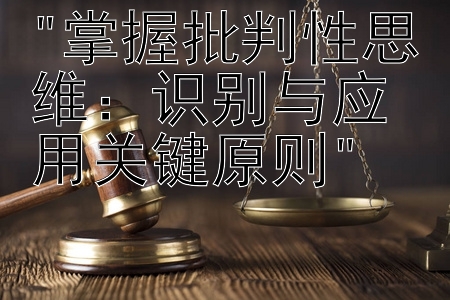 掌握批判性思维:识别与应用关键原则
掌握批判性思维:识别与应用关键原则 掌握舞步:解锁舞蹈艺术的核心原则
掌握舞步:解锁舞蹈艺术的核心原则